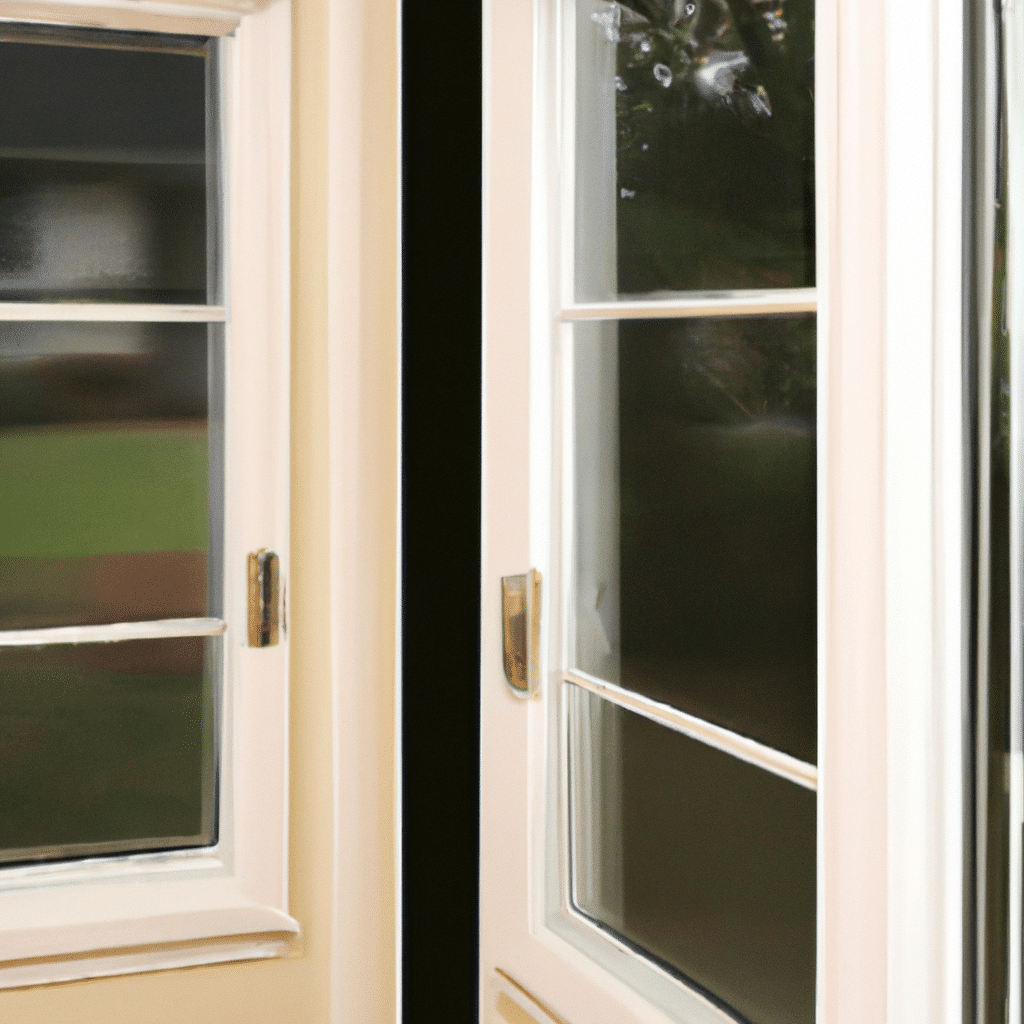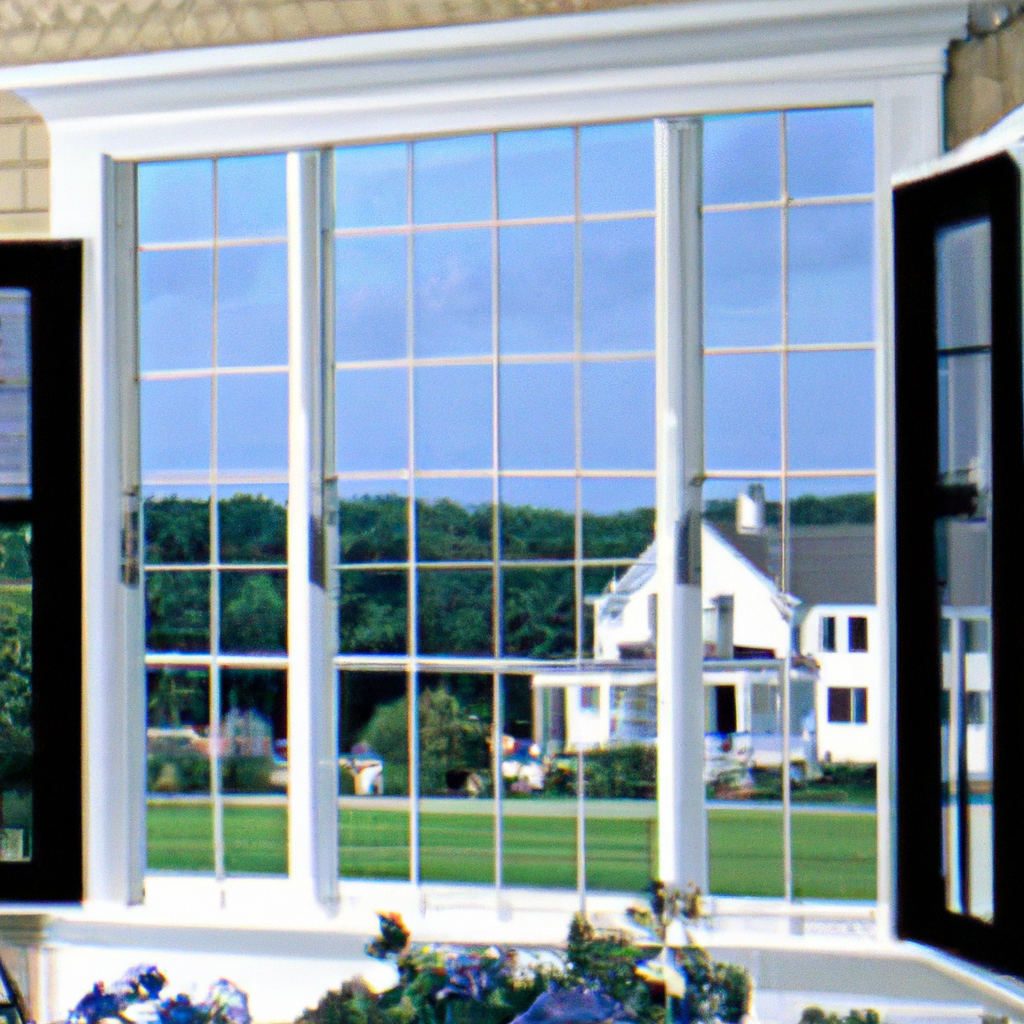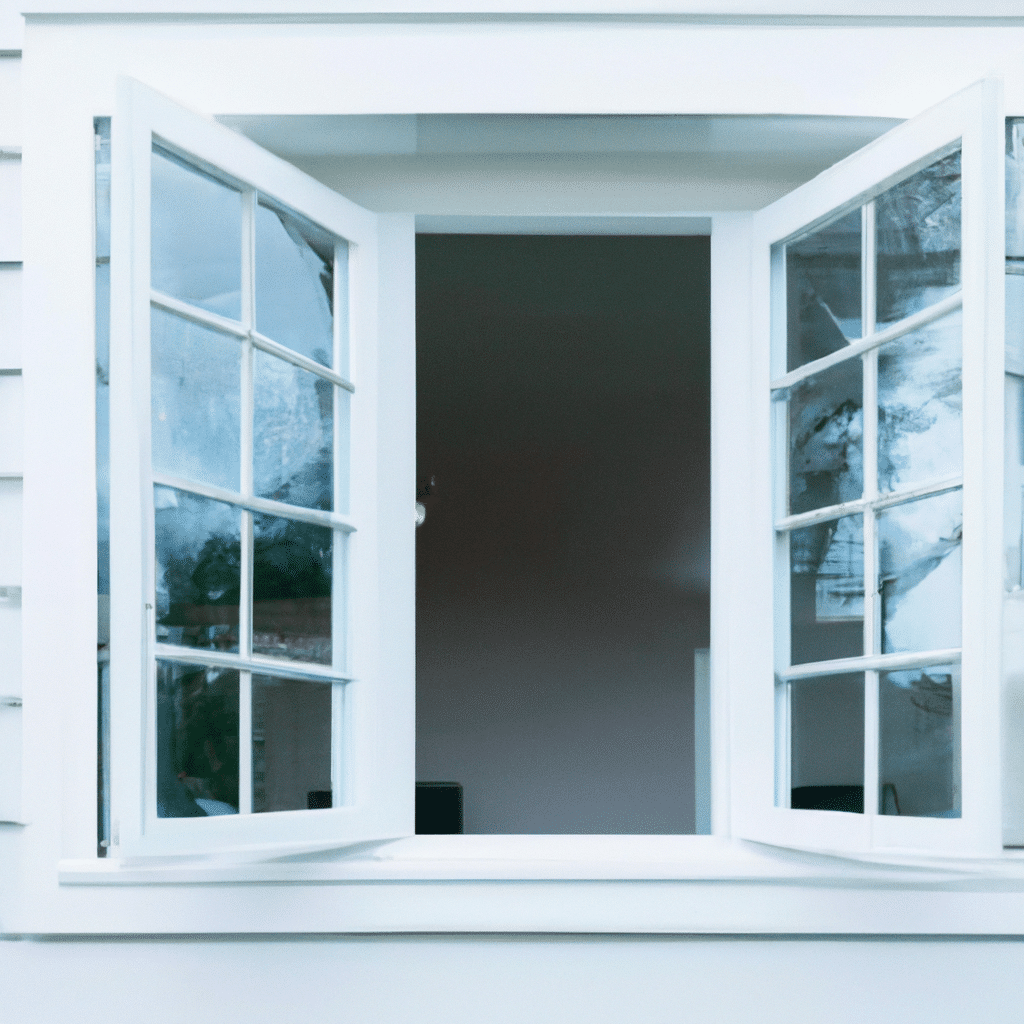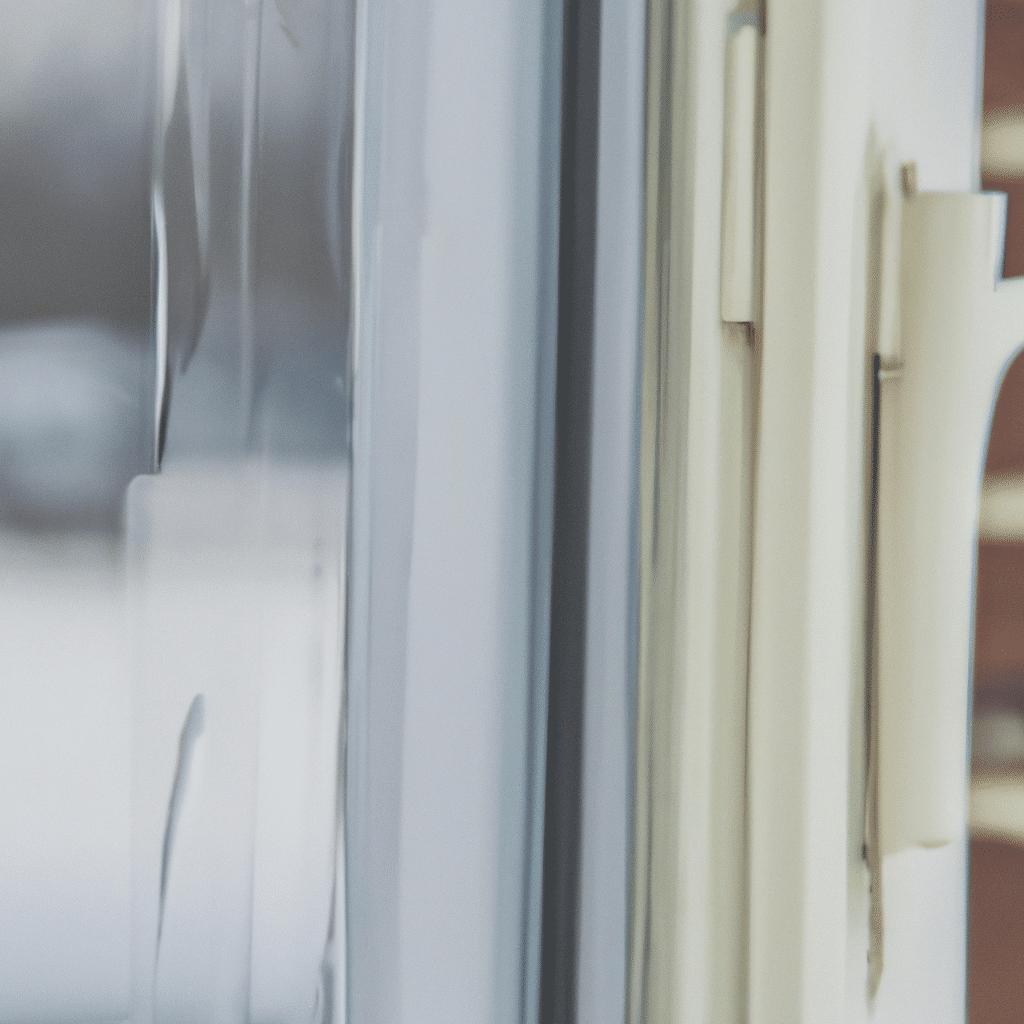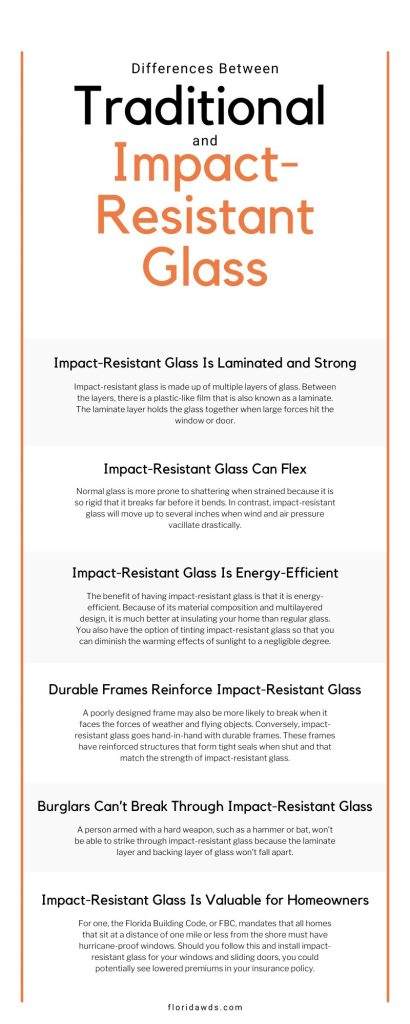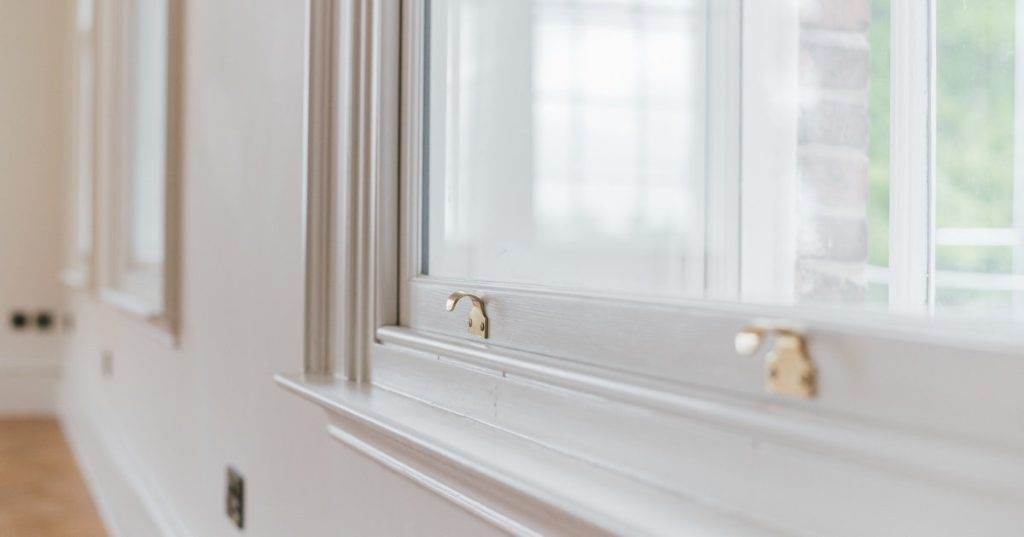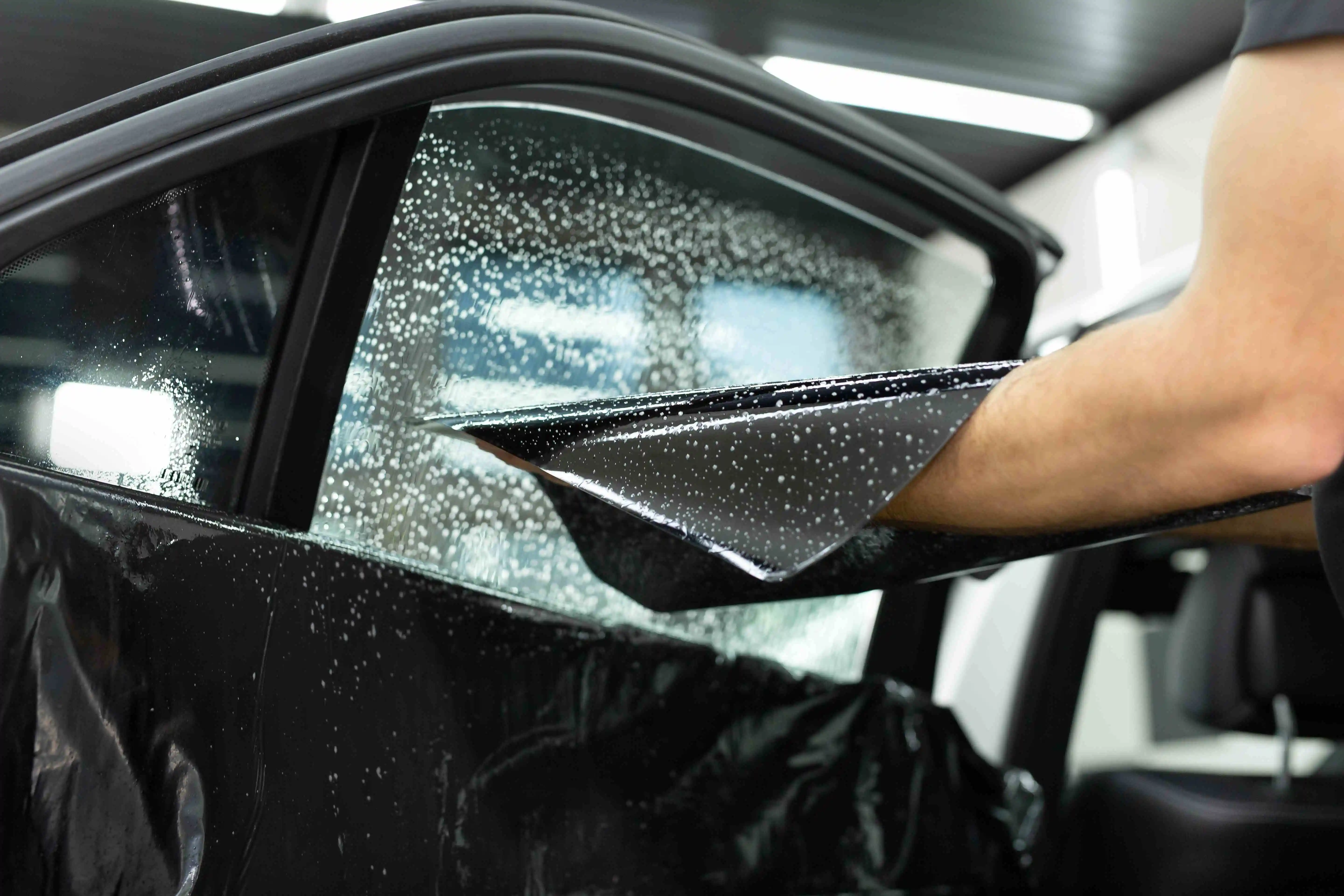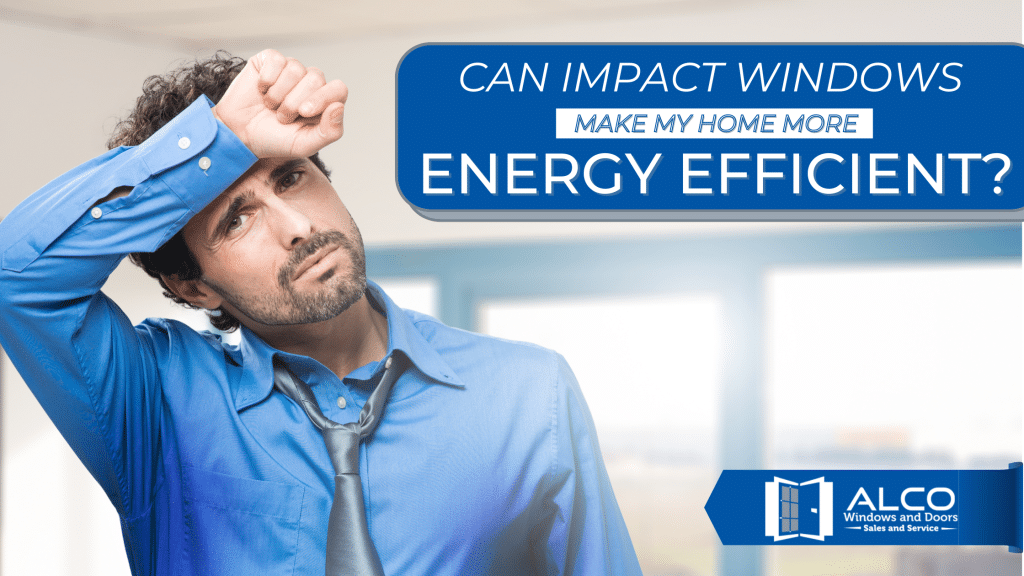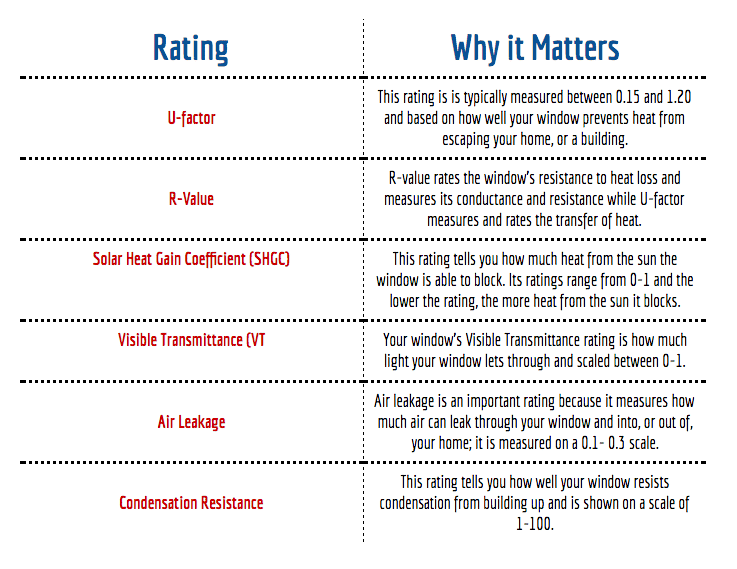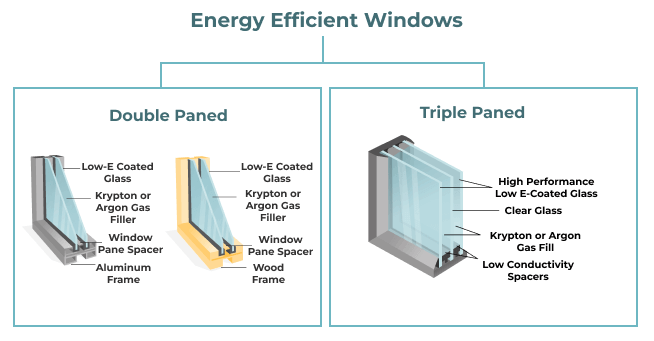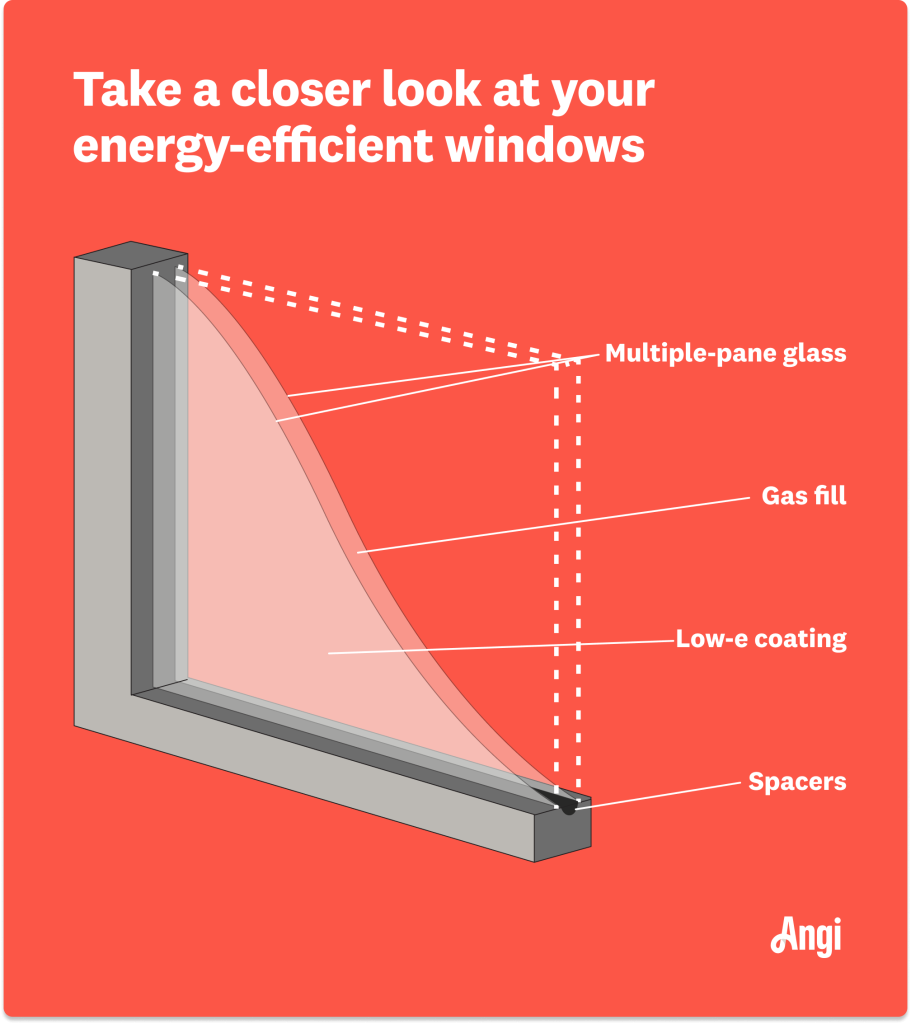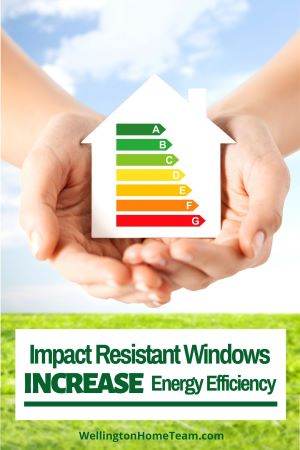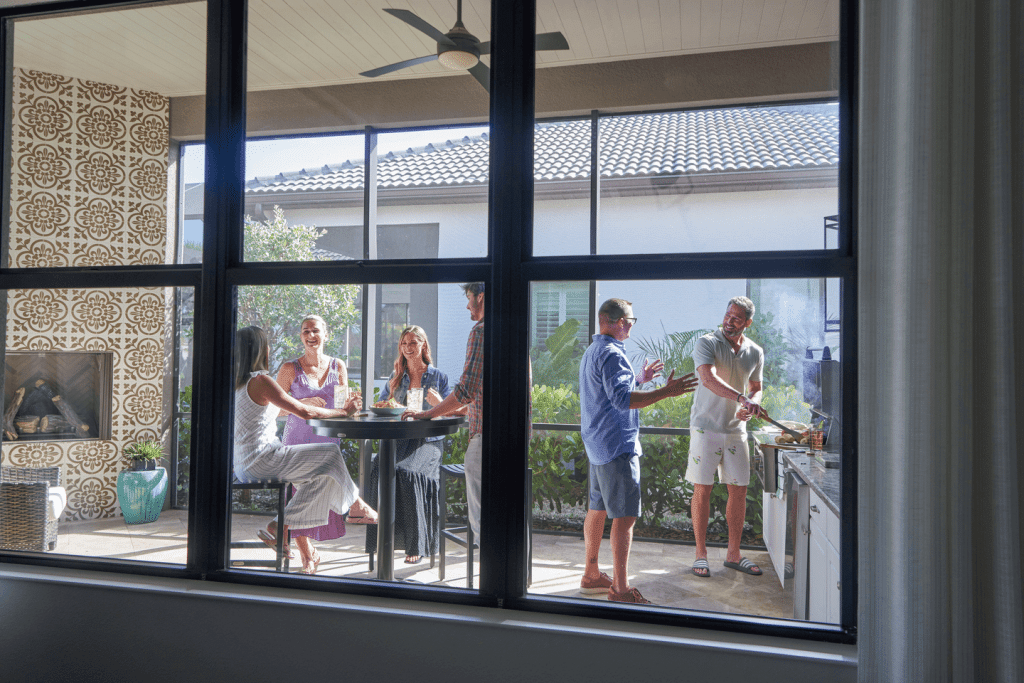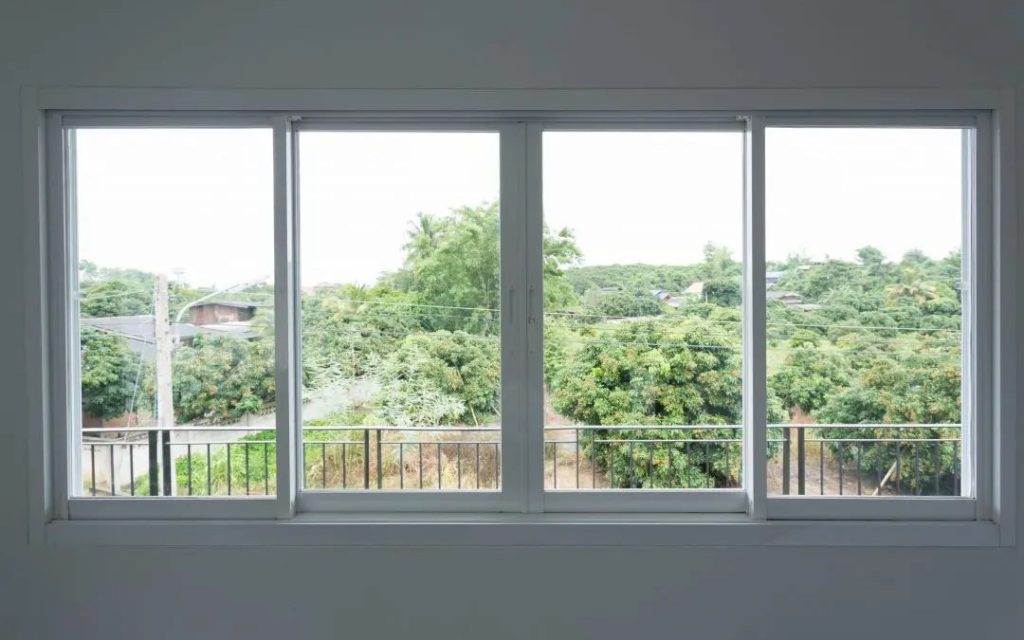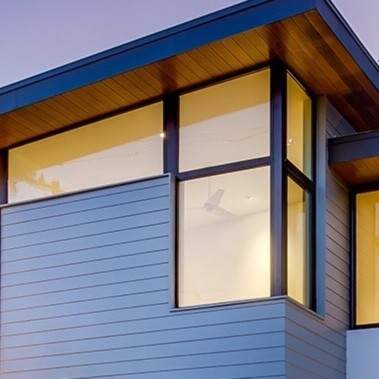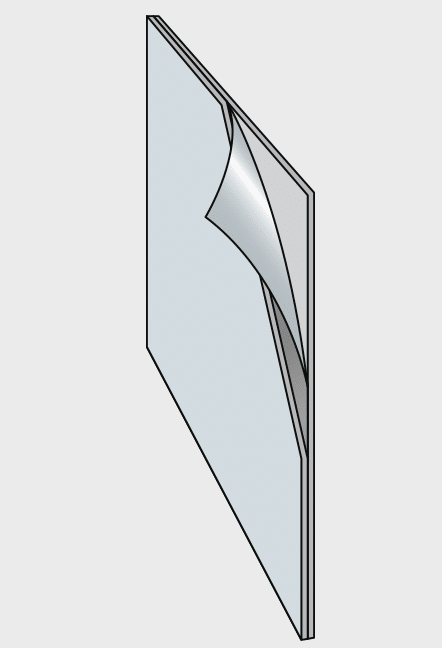Imagine a hurricane barreling towards your home, its fierce winds and flying debris threatening to shatter everything in its path. It’s a terrifying prospect, but one that can be mitigated by the installation of impact windows. In this article, we will explore the reasons why impact windows are an essential addition to any hurricane-prone area, and how they can provide the protection and peace of mind that you and your loved ones deserve. So, let’s uncover the mechanics behind these fascinating windows and discover how they work to safeguard your home against the destructive forces of nature.
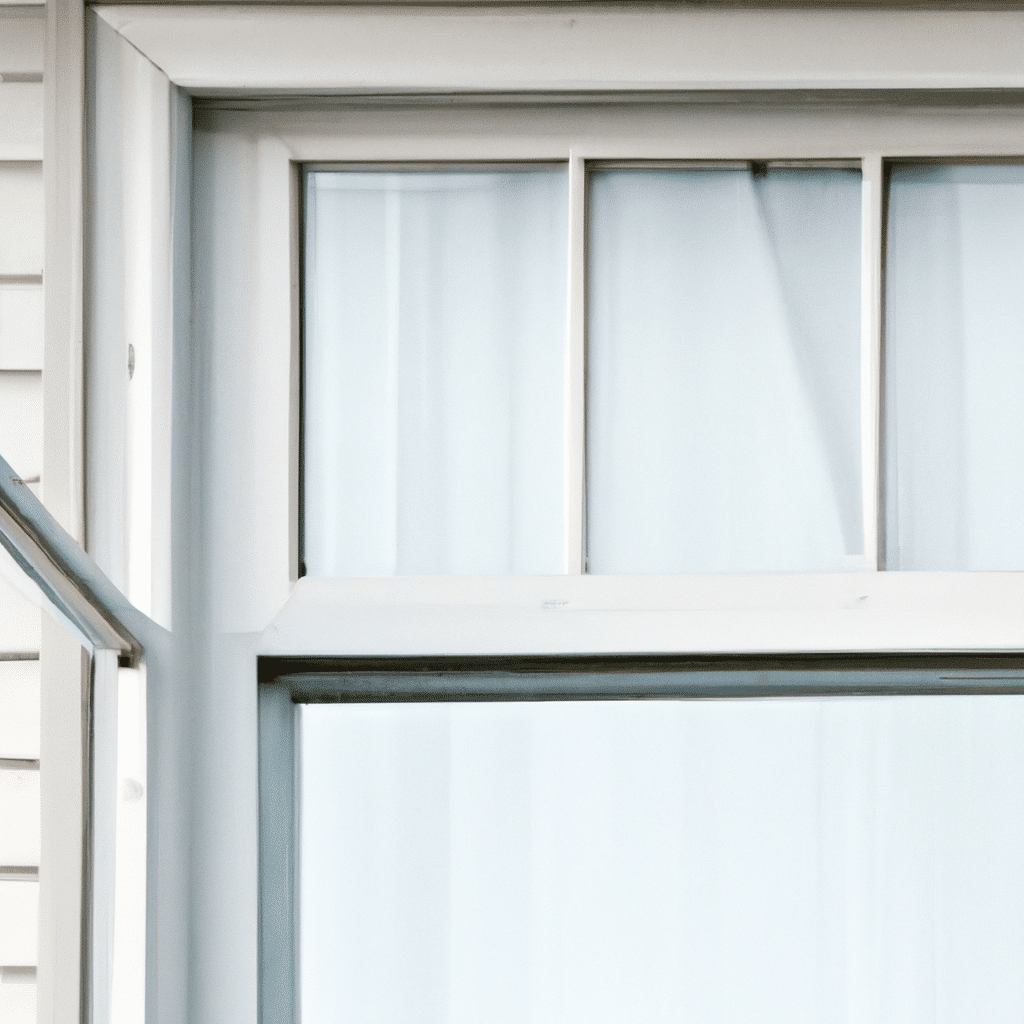
What are Impact Windows?
Definition
Impact windows, also known as hurricane windows or storm windows, are specially designed windows that are built to withstand the high winds, flying debris, and other extreme conditions associated with hurricanes and tropical storms. These windows offer increased protection compared to traditional windows and can help to minimize the potential impacts of a hurricane on your property and personal safety.
Components
Impact windows are made up of several key components that work together to provide superior protection. The main components include reinforced glass, structural frames, impact-resistant glass, and multiple layers.
The reinforced glass is a critical component of impact windows, as it is specially designed to withstand high impacts without shattering. The structural frames provide additional support and stability to the window, ensuring that it stays intact during extreme weather conditions. The impact-resistant glass is designed to absorb and dissipate the energy from an impact, reducing the risk of breakage. Finally, the multiple layers of the window help to further enhance its strength and durability, providing an extra layer of protection against high winds and flying debris.
Types
There are several types of impact windows available on the market, each with its own unique features and advantages. The most common types include:
- Single-hung windows: These windows have a fixed upper sash and a movable lower sash, allowing for ventilation while still providing protection against hurricanes.
- Double-hung windows: Similar to single-hung windows, double-hung windows have both the upper and lower sashes movable, providing more flexibility in terms of ventilation.
- Sliding windows: These windows have horizontally sliding sashes, offering ease of use and allowing for better control of airflow.
- Casement windows: Casement windows are hinged on one side and open outward, providing maximum ventilation and protection against hurricanes when closed.
- Fixed windows: As the name suggests, fixed windows do not open or close, making them an excellent choice for areas where ventilation is not a priority but protection against hurricanes is essential.
Each type of impact window has its own unique set of benefits, so it is important to choose the type that best suits your specific needs and preferences.
Understanding Hurricanes
Definition
A hurricane is a large, rotating storm characterized by strong winds, heavy rainfall, and low atmospheric pressure. Hurricanes typically form over warm ocean waters and can cause significant damage to coastal areas, including strong winds, storm surge, and flooding.
Characteristics
Hurricanes are classified based on their wind speeds using the Saffir-Simpson Hurricane Wind Scale. The scale ranges from Category 1 to Category 5, with Category 5 being the most severe. The wind speeds associated with each category range from 74-95 mph (Category 1) to above 157 mph (Category 5).
In addition to high winds, hurricanes can also produce heavy rainfall, leading to flash floods and landslides. The storm surge, which is a rise in water level caused by the winds and low pressure of the hurricane, can result in coastal flooding and erosion. Tornadoes can also form within the bands of a hurricane, adding to the destructive potential of these storms.
Impacts
Hurricanes can have devastating impacts on both human life and property. The strong winds can cause extensive damage to buildings, infrastructure, and natural landscapes. Flying debris, such as tree limbs and loose objects, can become dangerous projectiles, posing a significant risk to people and their surroundings.
Flooding caused by heavy rainfall and storm surge can lead to property damage, as well as the displacement of individuals and communities. Power outages, disrupted water supplies, and damaged roads and bridges can further exacerbate the impacts of a hurricane, making recovery efforts more challenging.
The Importance of Protecting Against Hurricanes
Property Damage
One of the main reasons why it is essential to protect against hurricanes is to prevent property damage. The strong winds associated with hurricanes can create enormous pressure on buildings, leading to structural failure and roofs being torn off. Impact windows can help to mitigate this risk by providing a barrier against the wind and preventing it from entering the building.
Traditional windows are prone to shattering during hurricanes, allowing wind and rain to enter the building and cause extensive damage to the interior. Impact windows, on the other hand, are designed to withstand high impacts and remain intact, minimizing the risk of property damage and reducing the need for costly repairs or replacements.
Personal Safety
The safety of individuals and their families is another crucial reason for protecting against hurricanes. Flying debris is one of the most significant hazards during a hurricane, and traditional windows are particularly vulnerable to shattering when impacted by high-velocity objects.
Impact windows are designed to withstand the impact from flying debris, reducing the risk of injury to individuals inside the building. By preventing the entry of debris and maintaining the structural integrity of the windows, impact windows provide a safer environment during a hurricane.
Economic Impact
Hurricanes can have a significant economic impact on the affected areas. The damage caused by hurricanes can result in substantial financial losses, including the destruction of buildings, infrastructure, and natural resources. The costs of repairs, reconstruction, and recovery efforts can be overwhelming.
By investing in impact windows and other hurricane protection measures, individuals and communities can minimize the potential economic impacts of hurricanes. The use of impact windows can reduce the need for extensive repairs and replacements, thereby saving both time and money in the aftermath of a hurricane.
How Impact Windows are Designed to Protect
Reinforced Glass
One of the key features of impact windows is the use of reinforced glass. Unlike standard glass, which is prone to shattering upon impact, reinforced glass is specially engineered to withstand high impacts without breaking. It is made by sandwiching a layer of polymer between two sheets of glass, creating a strong and durable barrier.
The polymer interlayer in the reinforced glass is typically made of polyvinyl butyral (PVB) or ethylene-vinyl acetate (EVA). This interlayer not only adds strength to the glass but also helps to keep the glass intact even when it is cracked or broken, further enhancing the performance of impact windows.
Structural Frames
In addition to reinforced glass, impact windows also feature sturdy structural frames that provide additional support and stability. These frames are typically made of materials such as aluminum, steel, or vinyl, which are known for their strength and durability.
The structural frames of impact windows are designed to withstand the strong winds and pressures associated with hurricanes. They are engineered to distribute the forces exerted on the windows evenly, preventing any weak points that could result in failure or damage.
Impact-resistant Glass
In some impact windows, instead of using reinforced glass, they utilize impact-resistant glass. This type of glass is specially designed to absorb and dissipate the energy from an impact, reducing the risk of breakage.
Impact-resistant glass is made by laminating multiple layers of glass together with a special polymer interlayer. This interlayer acts as a cushion, absorbing the force of an impact and preventing the glass from shattering. Even if the glass does break, it remains attached to the interlayer, keeping the window intact and still providing a barrier against wind, rain, and debris.
Multiple Layers
Many impact windows feature multiple layers of glass and interlayers, further enhancing their strength and durability. The use of multiple layers adds an extra level of protection against high winds and flying debris.
The number of layers can vary depending on the specific design and requirements of the impact window. The additional layers not only increase the strength of the window but also help to reduce noise transmission and improve energy efficiency.

The Role of Impact Windows During a Hurricane
Wind Protection
One of the primary functions of impact windows during a hurricane is to provide wind protection. The strong winds associated with hurricanes can create significant pressure on windows, leading to their failure and the potential for structural damage.
Impact windows are designed to withstand the forces exerted by high winds. The reinforced glass and sturdy frames work together to resist the wind pressure, preventing it from entering the building and causing damage. By maintaining the integrity of the windows, impact windows help to protect the building envelope and minimize the risk of structural failure.
Debris Protection
Flying debris is a major hazard during a hurricane and can cause significant damage to buildings and injury to individuals. Traditional windows are particularly vulnerable to shattering when impacted by flying debris, allowing it to enter the building and pose a threat to occupants.
Impact windows are specifically designed to resist the impact of debris. The reinforced glass and interlayer help to absorb and dissipate the energy from impacts, preventing the glass from shattering and the debris from entering the building. By providing a protective barrier, impact windows help to keep occupants safe from the hazards of flying debris during a hurricane.
Water Intrusion Prevention
In addition to wind and debris protection, impact windows also play a crucial role in preventing water intrusion during a hurricane. The heavy rainfall and storm surge associated with hurricanes can lead to significant water damage, compromising the safety and integrity of buildings.
Traditional windows are prone to leaking and water infiltration under the high-pressure conditions of a hurricane. Impact windows, on the other hand, are designed to create a watertight seal that prevents water from entering the building. The reinforced glass and interlayers help to maintain the integrity of the window, ensuring that it remains waterproof and protecting the interior from water damage.
Installation Considerations for Impact Windows
Pre-installation Assessment
Before installing impact windows, it is important to conduct a pre-installation assessment of your property. This assessment will help determine the specific requirements and considerations for the installation, ensuring that the windows are properly installed and provide maximum protection.
The assessment should include an evaluation of the existing windows, including their condition, size, and type. It should also take into account the surrounding environment, such as the proximity of trees or other structures that could pose a risk to the windows during a hurricane.
Size and Shape
The size and shape of the impact windows are critical factors to consider during the installation process. The windows should be accurately measured to ensure a proper fit and seal. Improperly sized windows can compromise their performance and leave vulnerabilities that could increase the risk of damage during a hurricane.
The shape of the windows can also impact their resistance to wind and debris. Some shapes, such as arches or curves, may be more susceptible to damage compared to standard rectangular or square windows. Special consideration should be given to the design and shape of the windows to ensure maximum protection.
Frame Anchoring
Proper frame anchoring is crucial for the effectiveness of impact windows. The frames must be securely and correctly anchored to the surrounding structure to ensure their stability during a hurricane.
The anchoring method will depend on the type of frame and the specific installation requirements. It may involve the use of screws, anchors, or other fastening systems. It is important to follow the manufacturer’s guidelines and recommendations for proper frame anchoring to ensure the windows can withstand the forces exerted by high winds.
Quality Standards
When it comes to impact windows, it is important to ensure that they meet the required quality standards. Look for windows that are tested and certified by reputable third-party organizations, such as the American Society for Testing and Materials (ASTM) or the Miami-Dade County Building Code Compliance Office.
Windows that meet these quality standards have undergone rigorous testing to evaluate their performance under simulated hurricane conditions. They have been proven to withstand high impacts, wind pressures, and other extreme conditions associated with hurricanes. Choosing windows that meet these standards will give you peace of mind knowing that you have invested in quality and reliable protection for your property.
Resistance Testing for Impact Windows
Large Missile Impact Test
The large missile impact test is one of the key resistance tests that impact windows undergo to evaluate their performance under simulated hurricane conditions. This test involves firing a 9-pound 2×4 piece of lumber at a speed of 34 miles per hour at the window.
During the test, the impact window must successfully withstand the impact without the glass breaking or dislodging from the frame. The window must also remain intact and maintain its structural integrity, providing a barrier against wind, rain, and debris.
Small Missile Impact Test
In addition to the large missile impact test, impact windows also undergo a small missile impact test. This test involves firing small projectiles, such as gravel or ball bearings, at the window at high velocities.
The impact window must successfully prevent the penetration of the projectiles and maintain its structural integrity. It must also remain intact and provide a barrier against wind, rain, and debris.
Cyclic Pressure Test
The cyclic pressure test evaluates the ability of impact windows to withstand the cyclic pressures exerted by hurricanes. During this test, the window is subjected to repeated cycles of positive and negative pressure.
The impact window must withstand these pressure cycles without failure or damage. It must remain intact and maintain its structural integrity, providing a reliable and durable barrier against the forces associated with hurricanes.
These resistance tests provide assurance that impact windows have undergone rigorous testing and meet the necessary standards for protecting against hurricanes. When choosing impact windows, it is important to look for ones that have passed these tests and have the necessary certifications to ensure their performance and reliability.
Maintaining and Inspecting Impact Windows
Regular Cleaning
Regular cleaning is essential for maintaining the performance and longevity of impact windows. Dust, dirt, and debris can build upon the surface of the windows, affecting their clarity and reducing their effectiveness.
To clean impact windows, use mild detergent or glass cleaner and a soft cloth or sponge. Avoid using abrasive materials or ammonia-based cleaners, as they can damage the glass or frames. Also, pay attention to the seals and gaskets around the windows, ensuring that they remain free from dirt and debris.
Seal and Gasket Check
Regularly inspect the seals and gaskets of impact windows to ensure they are intact and functioning properly. These seals and gaskets play a crucial role in keeping the windows watertight and providing an additional barrier against wind and debris.
Check for any signs of wear or damage, such as cracks, gaps, or deterioration. If any issues are detected, contact a professional to repair or replace the seals and gaskets to maintain the performance of the impact windows.
Frame Inspection
Inspect the frames of impact windows for any signs of damage or deterioration. Look for cracks, warping, or corrosion, as these can affect the structural integrity of the windows and compromise their ability to withstand the forces associated with hurricanes.
If any issues are found, it is important to address them promptly. Depending on the severity of the damage, it may be necessary to repair or replace the frames to ensure the continued effectiveness of the impact windows.
Regular maintenance and inspections of impact windows will help to identify any issues early on and allow for timely repairs or replacements. By keeping the windows in good condition, you can ensure that they will perform as intended and provide maximum protection during a hurricane.
Comparing Impact Windows to Traditional Windows
Strength and Durability
One of the key differences between impact windows and traditional windows is their strength and durability. Impact windows are designed to withstand high impacts, strong winds, and flying debris, while traditional windows are more vulnerable to breakage and failure under these conditions.
The reinforced glass and sturdy frames of impact windows provide superior strength and durability, ensuring that they remain intact and continue to provide protection even when subjected to extreme forces. This makes impact windows a preferable choice for areas prone to hurricanes and other severe weather events.
Energy Efficiency
Impact windows also offer energy efficiency benefits compared to traditional windows. The multiple layers and specialized glazing of impact windows help to reduce heat transfer and limit the penetration of ultraviolet (UV) rays.
By minimizing heat gain and UV exposure, impact windows can help to keep the interior of a building cooler and more comfortable, reducing the reliance on air conditioning and saving energy. This can result in lower energy bills and a smaller carbon footprint.
Noise Reduction
Impact windows can also provide significant noise reduction compared to traditional windows. The multiple layers and impact-resistant glass help to block out noise from outside, creating a quieter and more peaceful interior environment.
This can be particularly beneficial for homes located in busy or noisy areas, as impact windows can help to create a more tranquil living space. By reducing noise pollution, impact windows can improve the comfort and quality of life for individuals inside the building.
Conclusion
In conclusion, impact windows are a valuable investment for homeowners and property owners located in hurricane-prone areas. These windows offer superior protection against the high winds, flying debris, and other extreme conditions associated with hurricanes and tropical storms.
The reinforced glass, structural frames, impact-resistant glass, and multiple layers of impact windows work together to provide strength, durability, and resistance to impacts. During a hurricane, impact windows play a crucial role in protecting against wind, debris, and water intrusion.
By investing in impact windows, individuals can minimize the potential property damage, ensure personal safety, and reduce the economic impacts of hurricanes. These windows provide a long-lasting and reliable solution for protecting against hurricanes, offering strength, durability, energy efficiency, and noise reduction benefits.
When choosing impact windows, it is important to consider factors such as size, shape, frame anchoring, and adherence to quality standards. Regular maintenance and inspections are also necessary to ensure the continued performance of impact windows.
In comparison to traditional windows, impact windows offer superior strength, durability, energy efficiency, and noise reduction benefits. Their ability to withstand the forces associated with hurricanes makes them a more reliable and effective choice for protecting against these powerful storms.
Overall, impact windows are a wise investment for those living in hurricane-prone areas, providing the peace of mind and confidence needed to weather the storm.

